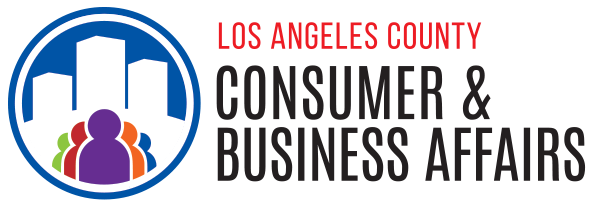Identity theft remains one of the most common crimes to affect consumers. But what is identity theft and how can you avoid becoming a victim?
Identity theft is when someone uses your personal identifying or financial information without your permission. They might steal your name, address, credit card or bank account numbers, social security number or medical insurance ID numbers.
They can then use the information to:
- Steal money from your account
- Open new credit accounts to buy things
- Open utility accounts such as phone, electricity and gas
- Steal your tax refund or receive government benefits
- Use your health insurance to get medical care
- Pretend to be you if they get arrested
Being a victim of identity theft can be time consuming to resolve and may cause unnecessary stress.
Here are 5 tips you can use to help prevent becoming a victim of identity theft.
Tip number 1:
Protect documents that have personal identifying information.
Keep your financial records, social security number, medical documents and any other documents that have personal identifying information in a safe place. When you do get ready to get rid of documents that contain any personal information, make sure to shred all the documents or black out identifying information. It’s also good practice to shred any pre-approval offers or items you might consider “junk mail,” that contain personal identifying information.
Tip number 2:
Check your credit report.
One of the best ways to protect yourself against identity theft is to monitor your credit history for any suspicious accounts that might not belong to you. You can visit www.annualcreditreport.com and get one free credit report every year from each of the three national credit bureaus. You may request all three reports at once or spread them out throughout the year.
Tip number 3:
Check your bank and credit card statements as soon as you receive them.
When your statements arrive ensure you are checking to see if there are any unauthorized charges and report them immediately to your financial institutions.
Tip number 4:
Create strong passwords.
When creating passwords ensure you create passwords that are not easily identifiable. It’s recommended that you use different passwords for all your accounts. Make passwords strong with at least 8 letters and ensure you periodically change your passwords to something you haven’t previously used.
Tip number 5:
Ask questions and do your research.
When applying for credit or doing business with an agency you have the right to ask how your personal information will be used. You may also ask how your information will be shared and request to opt out of information sharing. If you don’t feel comfortable with the way they answer your questions you always have the right to take your business elsewhere.
If you have questions about identity theft or other consumer topics, call our counselors at (800) 593-8222.

